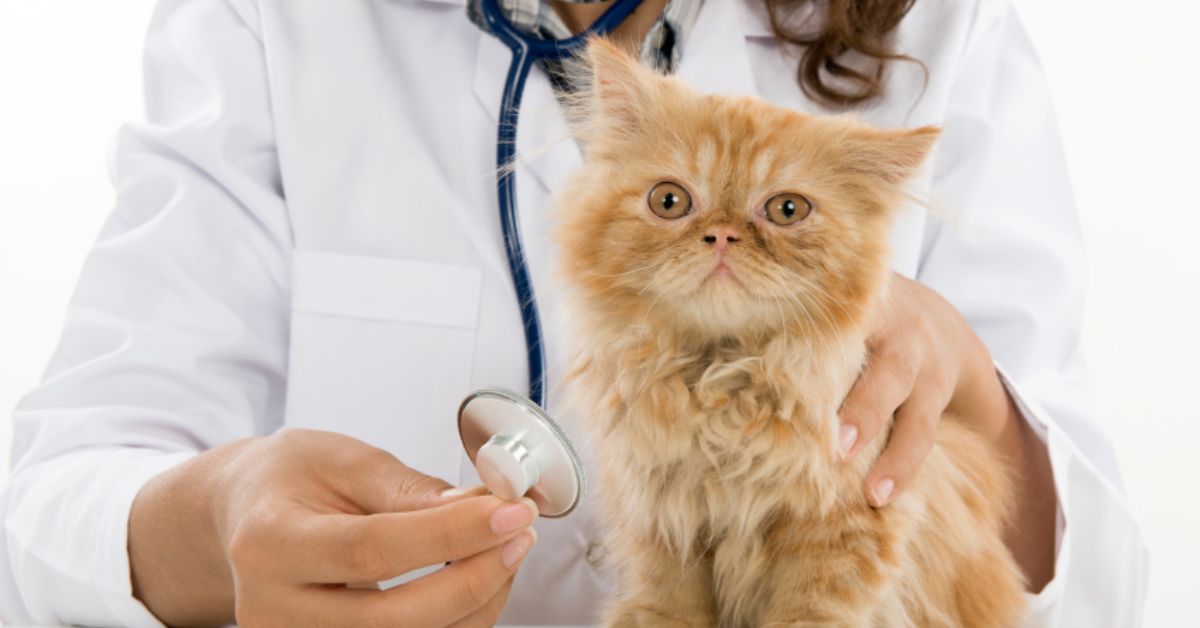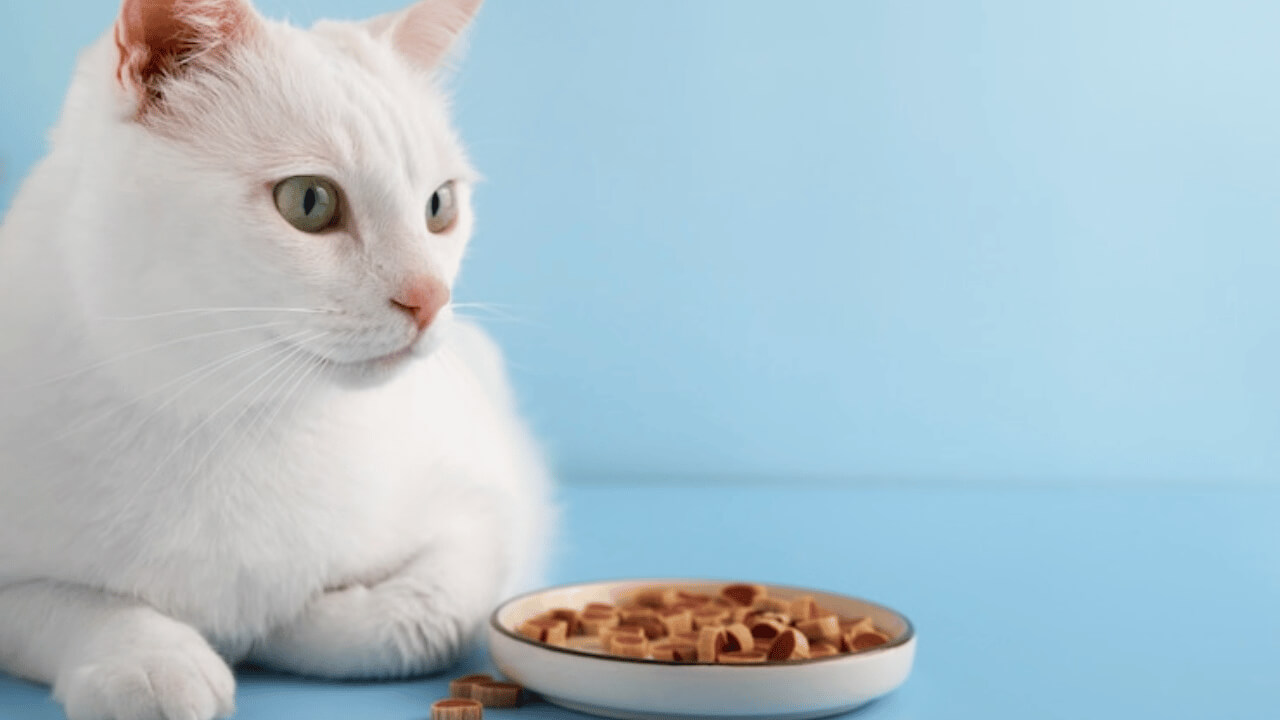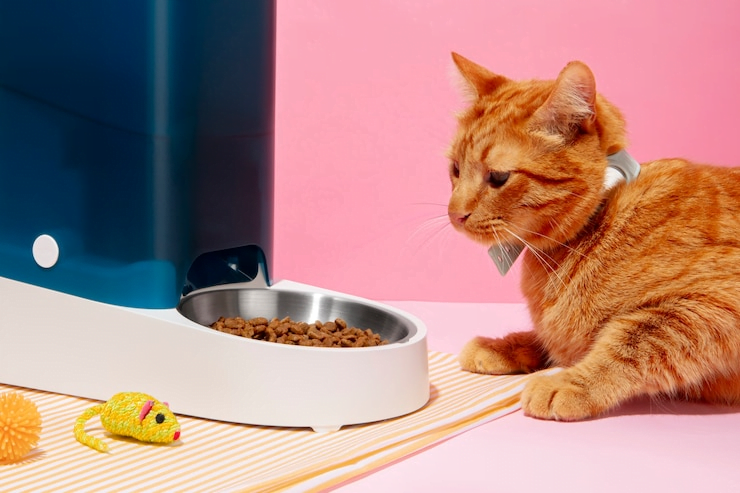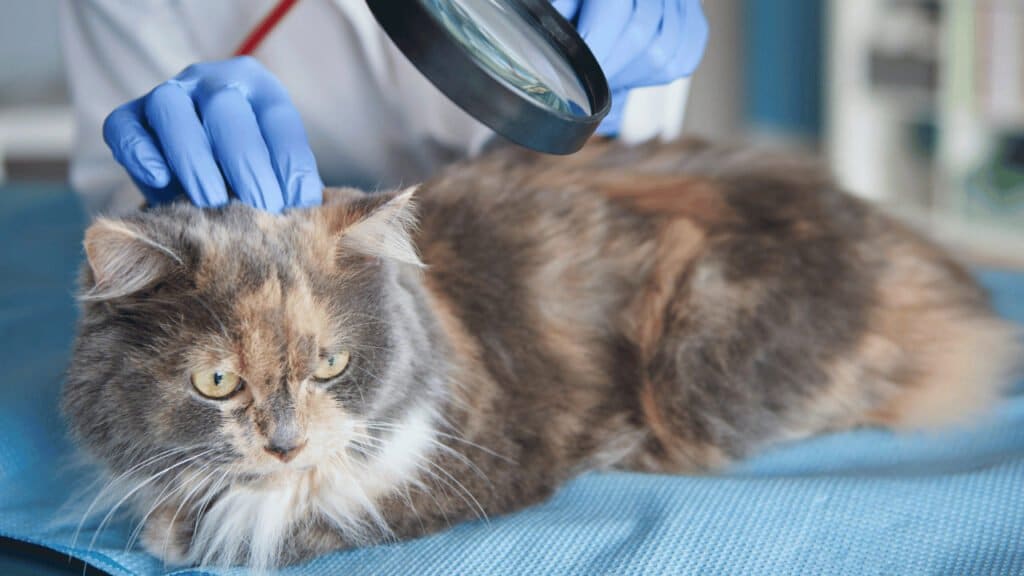Kittens, those irresistibly adorable bundles of fur, captivate hearts with their playful antics and innocent faces. How Much Do Kittens Weigh, this answer is, At birth, these tiny creatures typically weigh between 85 to 115 grams, about the same as a small apple. As they grow, their weight rapidly increases, reflecting their development into healthy, agile cats.

By six months, a kitten can weigh anywhere from 2.5 to 3.5 kilograms, influenced by factors such as breed, diet, and overall health. Understanding a kitten’s weight is crucial for ensuring proper growth and catching any potential health issues early.
Through attentive care and regular vet check-ups, these pint-sized companions can thrive, growing into strong, affectionate feline friends who bring joy and comfort to households everywhere.
How Much Do Kittens Weigh?
At birth, How Much Do Kittens Weigh a newborn kitten typically weighs between 85 to 115 grams. Monitoring their weight gain is crucial, as healthy kittens should increase by about 10-15 grams per day. By the time they reach two weeks of age, they might weigh around 250 to 340 grams.
During these early stages, a mother cat’s milk or a kitten milk replacer is essential for proper nutrition. As they grow, kittens transition from wet food to dry kitten food, usually around four weeks old, when their baby teeth start coming in. By three months of age, kittens are often ready for solid food and should be gaining weight steadily.
A good rule of thumb is to ensure they are provided with fresh water, a balanced feeding regimen, and a gentle heat source to keep them warm. Tracking their weight using a kitten weight chart helps ensure they reach a healthy weight as they progress toward becoming adult cats.
How to Tell a Kitten’s Age via Physical Development
Observing a kitten’s physical features can provide clues about their age. Newborn kittens, usually under two weeks of age, have closed eyes and folded ears. They rely solely on their mother’s milk or kitten milk replacer for nutrition.
At around two weeks old, their eyes start to open, and they become more active, although they still spend most of their time sleeping. By three weeks, they begin to wobble around on unsteady legs and may start exploring their surroundings. At four weeks, they start to develop their baby teeth and may begin trying solid food alongside nursing.
By six weeks, their baby teeth are fully erupted, and they’re usually fully weaned onto solid food. Social skills also develop during this time, as they start interacting more with littermates and humans. Understanding these milestones can help estimate a kitten’s age and ensure they receive appropriate care and nutrition.
Why is it important to weigh your kitten?
Tracking your kitten’s weight, especially in those crucial first few weeks of age, is a vital tool for ensuring their health. Healthy kittens gain weight steadily, and monitoring this weight gain with a kitten weight chart allows you to identify potential problems early. 
A sudden weight loss or slow gain could be a sign of illness, parasites, or inadequate feeding from their mother or kitten formula. Regular weigh-ins also help you navigate the weaning process by indicating when to introduce solid food like dry kitten food and wet food.
By knowing your kitten’s weight, you can determine appropriate portion sizes to ensure they reach a height healthy for their age. This not only sets them on the path to becoming a healthy adult cat but also helps you monitor their body condition throughout their development. Remember, a kitten’s weight gain isn’t always steady – there will be ups and downs.
However, consistent monitoring allows you to identify concerning trends and intervene if necessary, whether you’re a dedicated foster parent or simply welcoming a new feline friend into your home.
Why does my cat’s weight matter?
While those extra snuggles with a fluffy feline friend might be adorable, your cat’s weight matters quite a bit for their overall health. Maintaining a healthy weight reduces the risk of many feline illnesses, just like in humans.
Excess weight, for example, can lead to conditions like diabetes, arthritis, and even respiratory problems. Being overweight can also make it difficult for your cat to groom themselves properly, increasing the risk of skin infections.
On the other hand, being underweight can leave your cat with a weakened immune system, making them more susceptible to infections and illnesses. Regularly monitoring your cat’s weight throughout their life, from kitten to senior, allows you to identify potential health issues early on and work with your veterinarian to create a healthy feeding regimen.
When is the time to take your kitten to the vet?
Taking your kitten to the vet is crucial for their long-term health and well-being. Ideally, schedule their first visit between 6 to 8 weeks of age, once they’ve weaned from their mother and are ready for independent care.
During this initial visit, the veterinarian will perform a physical examination, checking weight, and vital signs, and assessing various body parts for abnormalities. Vaccinations against common diseases like feline distemper, calicivirus, herpesvirus, and rabies will be administered.
The vet will also discuss nutrition, dental care, and socialization. Remember, building a positive relationship with the vet from day one helps your kitten feel safe during future visits.
If you’ve recently adopted a kitten, aim to have their first vet visit within 24 to 72 hours after bringing them home.
This early examination ensures that their overall health is assessed promptly. Additionally, if you already have other cats at home, consider visiting the vet before introducing the new kitten to your existing feline family members.
How much food to give to a kitten?
The amount depends on their age and development stage. For a newborn kitten, bottle feeding with kitten formula every 2-3 hours is crucial. As they grow, transitioning to wet food around three to four weeks of age is typical. 
Four-week-old kittens should start with small amounts of kitten wet food or a mix of wet and dry food. By the time they have their baby teeth, around six to eight weeks, they can begin eating more solid food. A good rule of thumb is to feed healthy kittens small portions multiple times a day. Always provide fresh water and ensure they maintain a healthy weight through regular weight checks.
A kitten weight chart can help monitor their progress. As they reach three months of age, gradually increase the portion sizes while maintaining a balanced diet to support their growth into healthy adult cats.
How Often Should a Kitten Eat?
The amount depends on their age and development stage. For a newborn kitten, bottle feeding with kitten formula every 2-3 hours is crucial. As they grow, transitioning to wet food around three to four weeks of age is typical. 
Four-week-old kittens should start with small amounts of kitten wet food or a mix of wet and dry food. By the time they have their baby teeth, around six to eight weeks, they can begin eating more solid food.
A good rule of thumb is to feed healthy kittens small portions multiple times a day. Always provide fresh water and ensure they maintain a healthy weight through regular weight checks. A kitten weight chart can help monitor their progress. As they reach three months of age, gradually increase the portion sizes while maintaining a balanced diet to support their growth into healthy adult cats.
Conclusion
Kitten weight and proper nutrition are essential for their healthy development. From birth to adulthood, monitoring their weight and adjusting their diet ensures they grow strong and healthy. Providing fresh water, a balanced diet, and regular vet check-ups are key to maintaining a healthy weight. With proper care and attention, your kitten will thrive and develop into a happy, healthy adult cat.
FAQ
What is the average weight for a kitten?
Kittens that are less than six months old will weigh roughly the same in months. Thus, a kitten that is two months old should weigh about two pounds, a kitten that is three months old should weigh about three pounds, and so on. However, if your young kitten deviates from this weight formula, don’t panic.
At what age is a cat fully grown?
According to PetMD, a cat is deemed “full-grown” when they turn 18 months old, which is the same as a human being who is 21 years old. A cat might continue to develop in size during those 12 to 18 months. According to PetMD, some breeds don’t even achieve adulthood until they are two years old.
When can kittens leave their mom?
When a kitten reaches eight weeks old, it can leave its mother; adoption of kittens is permitted by shelters and rescue groups at this time. Nevertheless, it’s ideal for kittens to spend their first 12 weeks or so with their mother cat.
At what age do kittens remember?
When compared to cats who lived with their littermates until they were adults, or around the age of one year, kittens who spent less than two to three months with them typically retain fewer memories. A cat’s recollections of its littermates increase with the length of time they spend together.













